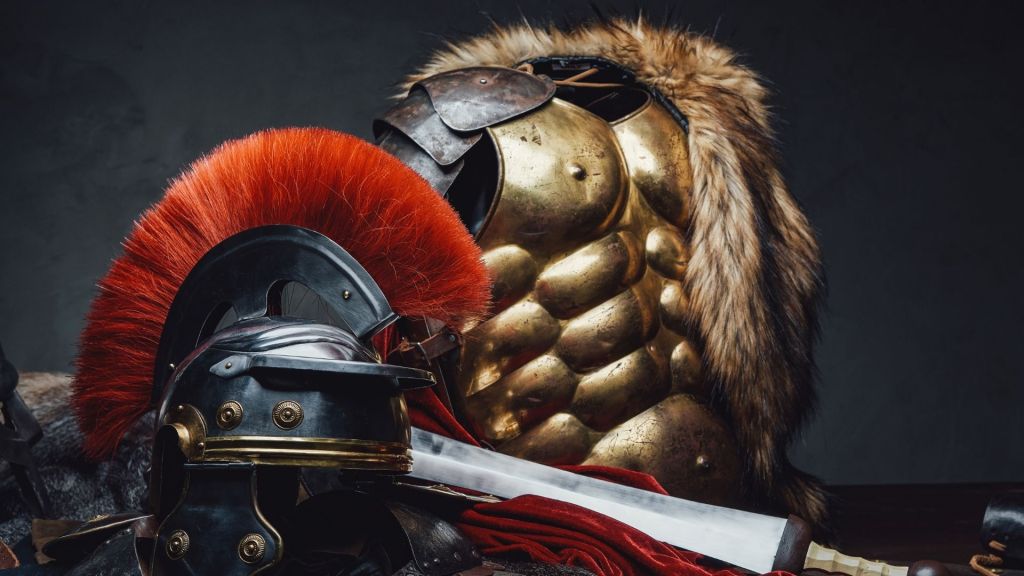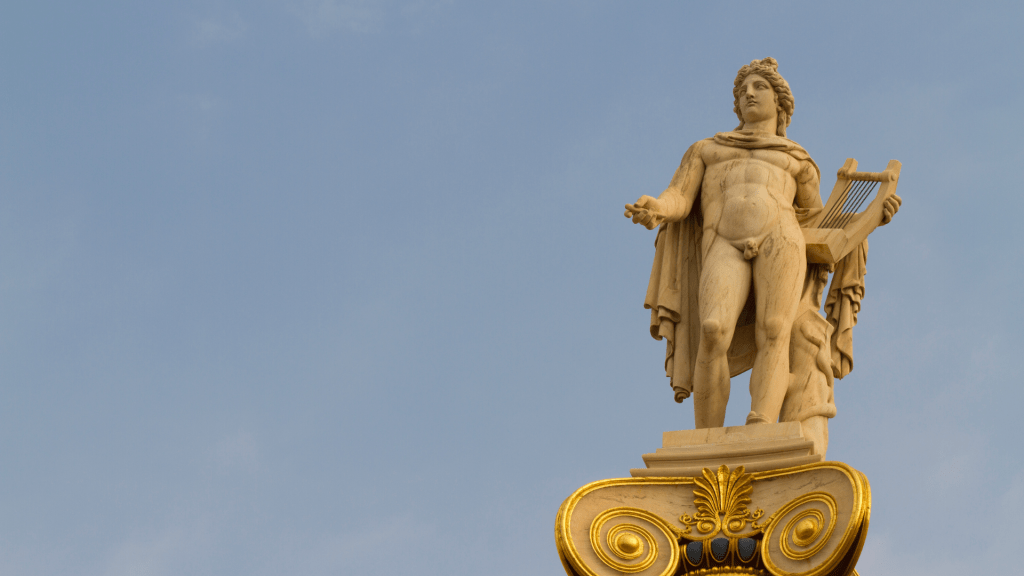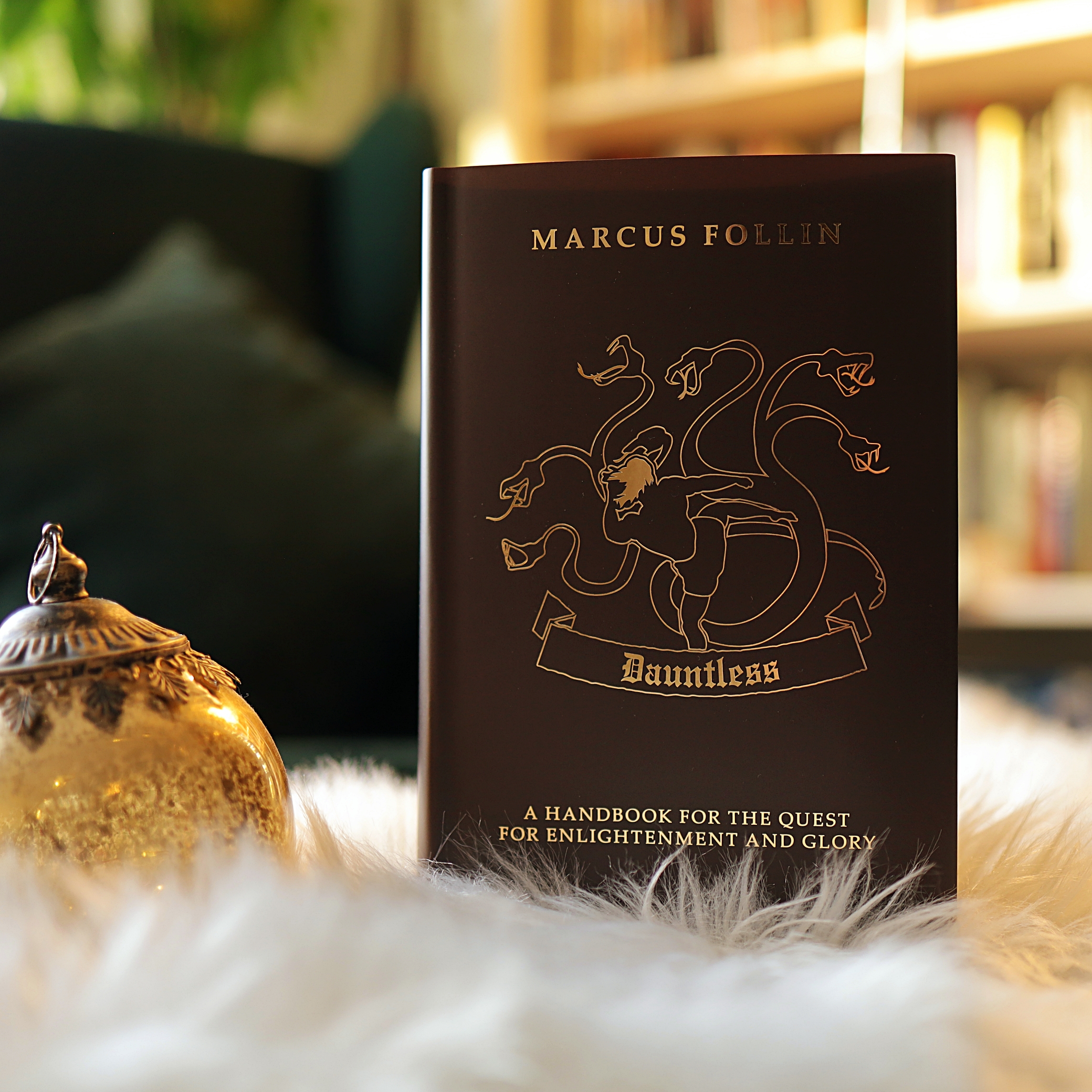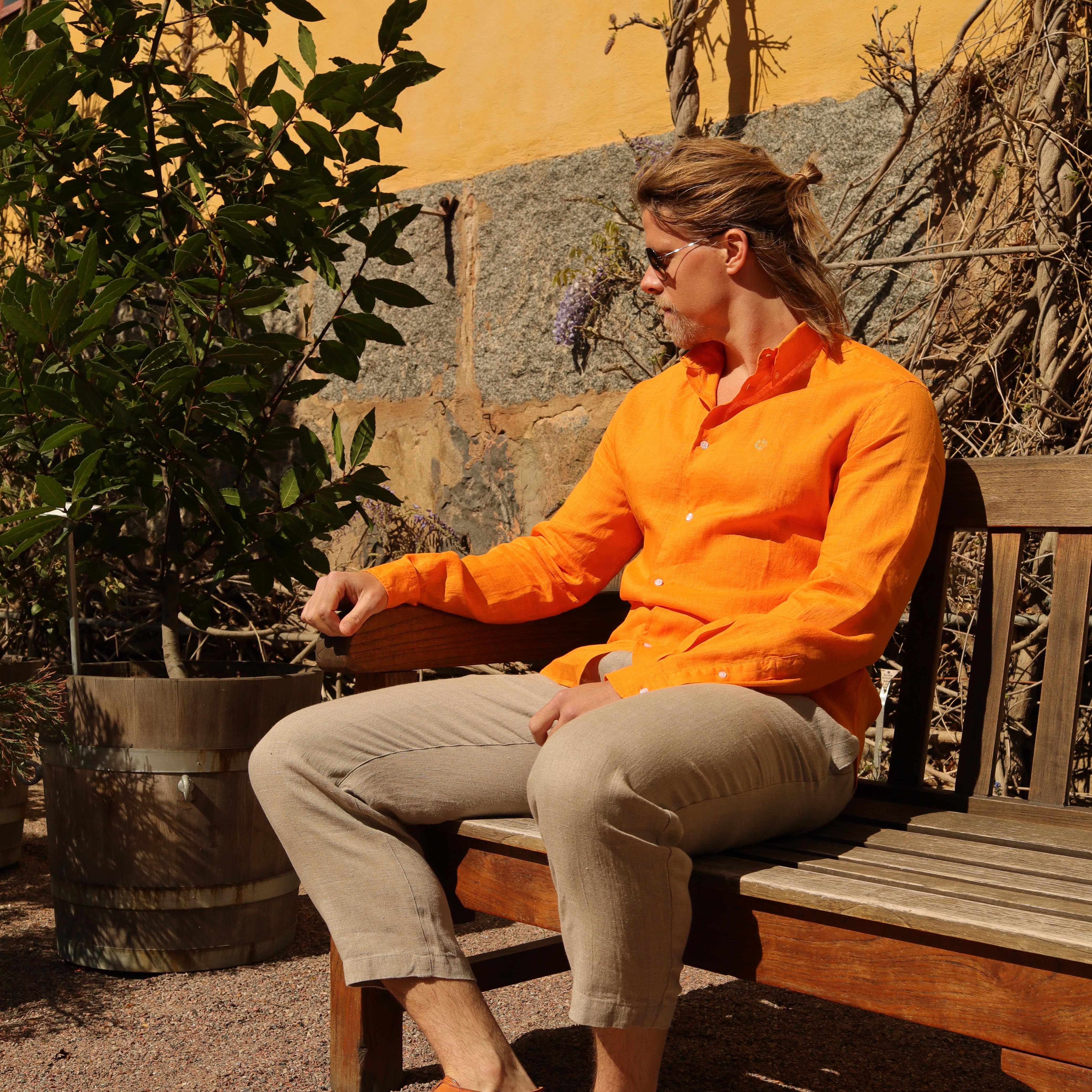Men Among the Ruins by Julius Evola

I have read Men Among the Ruins by Julius Evola. Written after the Second World War as a commentary on social, political, and historical matters, it contains many interesting insights. Some have labelled Evola’s post-war writings as ‘black-pilled’ (i.e. negative and defeatist); I did not get this impression upon reading it. Instead, I found it to be a reasonable and measured observation of the world at the time. Compared to Ride the Tiger, Men Among the Ruins is, in my opinion, much better. Below are but a few of the interesting insights found in the book.
My Critique of Evola
Since I have reviewed and referred to Evola quite many times over the last year, I deem it necessary to point out a few things. Firstly, I am mainly interested in his teachings that pertain to matters of the spirit. I believe that Evola as a spiritual seeker has few rivals. As for his social and political commentary, they do not necessarily align with my own. Therefore, it is good to point out that those who are sceptical of his social commentary would do themselves a great disservice by not reading his esoteric works because of said scepticism.
I sometimes see young men invoke Evola as a way to be ‘uniquely radical’ or as a way to side-step accusations of being a Fascist. Moreover, to my great lament, I often see said younger men refer to Evola or other thinkers of the Right (of the German Conservative Revolution, for example) as a way to ‘look down’ on the ‘Plebs’ (especially in regard to Nationalism). I find this unwarranted sense of superiority laughable. I also find the disdain for one’s own people to be incongruent with the sense of love for one’s own that should be a driving force for any champion of Mother Europa – or any Nationalist for that matter. I am certainly frustrated with Europeans in general and Swedes in particular from time to time, but I still love them (again, the Swedish people in particular).
Moreover, I am a man of the people (of the middle class* that Evola so despises) and a man for the people. I am, of course, also an Aristocrat of the Soul, and I aspire to become what I refer to in Dauntless as a man of a new Countryside Aristocracy. Furthermore, I am, as I have mentioned before, an aspiring Enlightened Despot. I point this out so that no one will mistake my enthusiasm for Evola’s teachings with a disdain for my own people or for Nationalism (note: I do not refer to myself as a Nationalist to the initiated, as explained in Podcast Episode 7. Europa).
*The middle class is very broad in Sweden, Swedish society also has a certain level of upward mobility – both of these factors are aspects that I view as beneficial for the well-being of the people.
There are, of course, other aspects of Evola’s teachings which I do not endorse. I understand that you, my dear reader, understand this – I am merely pointing it out should nefarious elements seek to misrepresent my own teachings. To give an example, Evola would classify boxing as a vulgar display of American degeneracy (I am paraphrasing him here – he writes about this in The Bow and the Club). Had he been alive to witness the rise of MMA, he would most likely have labelled it as even more barbaric! And I do, as you know, recommend MMA (including boxing) as a form of training.
Furthermore, I am not opposed to Bonapartism or Caesarism (although Rome saw its glory days during the Republic). I am not opposed to a strong monarch with the love and support of the people. For more information about this subject, I wrote a short review of Two Models of Government by Dr Michael Arnheim. Moreover, in Metaphysics of Power, Evola voices his reservations about France’s Philip the Fair – the critique is not only based on Philip’s attack on the Templars, but also because he centralised power (at the expense of the aristocracy). I see no issue in Philip centralising power in this manner – heroic king Gustav Vasa of Sweden did the same. Perhaps I will elaborate on this topic at length in a coming Podcast episode!
Powerful Women – the High Priestess
Although not necessarily related to Men Among the Ruins, a common theme in Evola’s books is the dichotomy of the chthonic Earth Mother and the celestial Olympian Father.
Perhaps some would interpret Evola’s teachings as being hostile to women. Although I would not necessarily agree with this, I would like to note that Evola (from what I have gathered thus far) does not highlight certain powerful feminine archetypes – such as the High Priestess or the Queen. Although this is a topic that lies beyond the scope of this book review, it is good to note that there are archetypes a woman can strive for within a Traditional setting. Traditional here denotes eternal metaphysical principles – and not ‘Trad’ (which has become a bit of a ridiculous meme at this point). In essence, a High Priestess or Queen can become powerful via the love and loyalty she inspires in the men of the tribe or nation. This love and loyalty can be based on many different factors – on a more local level, it can be based upon favours and kindness. To give an example (that is not necessarily related to the archetypes of the High Priestess or the Queen): the gentle grandmother who is kind to her grandson and his friends (inspiring love). When they are young men she will potentially have a Männerbund to call upon should she be in danger.
Modern culture has made a mockery of feminine power – portraying women as having masculine power is only obnoxious and can, in some cases, present a young woman with a false sense of security, and it will certainly deprive the woman of any true power (based on love) she could have.
A powerful woman is not a ‘girl-boss’ that no one likes (let alone loves), nor is it someone who tries to emulate masculine archetypes (i.e. a Warrior). A powerful woman is the beloved Queen, Mother, and Priestess that can call on the loyalty of men who feel love (non-sexual) for her.
Lastly, an obvious example is, of course, the Mother, who can count on the loyalty of her sons and daughters.
Note: Evola discusses the role and archetypes of women in Revolt Against the Modern World (which we will review at a later point).

Evola and Christianity
Since I have mentioned some disagreements above, I thought it would be reasonable to also share something in particular that I appreciate with Evola. His view of Christianity is very measured and reasonable – and matches my own to a large extent (my views have, it must be noted, been influenced by his in this matter). Although not strictly related to any chapter in Men Among the Ruins, I deemed it reasonable to elaborate on this here.
A superficial critique of Christianity is often accompanied by a view in which Christianity and Paganism are seen as two competing sport-teams. A person harbouring said such superficial view of the matter could ask:
‘How can you admire the Teutonic Order that fought against Pagan Lithuanians?‘
Those who harbour these sentiments fail to realise a historical truth – that Europeans have fought in countless wars against each other since time immemorial. Is it right or is it wrong? It is what it is. At the present moment, it is good to promote a sense of European unity. But it is not reasonable getting upset over medieval conflicts.
The Teutonic Order, the Templars, and the Hospitallers are worthy of admiration because of the heroic ideals they embodied. These orders expressed themselves in congruence with the Indo-European spirit – the spirit of the initiatory Männerbund. I admire these orders because of this. That they wore crosses does not bother me – the Swedish flag also has a cross on it; I still find it beautiful.
Thus, the superficial critique of the Teutonic Order, the Templars, or Hospitallers would be to point to their crosses and say that they were on ‘Team Christianity’ (i.e. as in the view of the aforementioned sport teams).
In the notes (page 306) of Men Among the Ruins, the following is noted: ‘Concerning the Knights Templar, they had their own initiation and esoteric doctrine, reserved to higher degrees, which were not reducible to the mere Christian religiosity fostered by the Church.’ This can explain why Evola liked the Templars, despite not liking Christianity.

Evola During WW2
In the introduction of the book, Dr. H. T. Hansen notes that Evola wanted to fight on the Eastern Front against Bolshevik Russia. However, since he was not a member of the Fascist party, his application was delayed again and again, and even upon declaring his willingness to join the party (to be able to join the war effort), he was declined. He had many enemies in the party – which is perhaps not so surprising given his rather confrontative nature and his critical view of Fascism. Evola fought as an officer during the First World War, and his status as belonging to the Kshatriya (Warrior caste) is beyond dispute. I mention this here to emphasise the fact that he was someone who lived in accord with his teachings. This is, in my humble opinion, an important aspect to look at when judging any philosopher.

Mana
In the chapter Personality – Freedom – Hierarchy, the following interesting passage appears:
‘Ancient primitive man essentially obeyed not the strongest members of society, but those in whom he perceived a saturation of mana (i.e., a sacred energy and life force) and who, for this reason, seemed to him best qualified to perform activities usually precluded to others.’
Julius Evola – Men Among the Ruins. Page 142.
I thought it would be interesting to share for my esteemed Podcast subscribers. In Episode 23. Beauty, I noted that Achilles must not be portrayed as a mere brute (as in Total War Saga: Troy) – but as a divinely blessed specimen with great martial prowess, but also full of charisma. Certain men have an ‘it’-factor; this ‘it’-factor can be explained as being saturated with mana, as mentioned in the quote above. This is a deep and interesting subject that we will return to in coming Podcast episodes as well as book reviews.

Nordic-Aryan – Indo-European
Evola often returns to the Aryans, which is the word he uses for Indo-European – the term I use (to avoid confusion). He defined the term thus:
‘It must be realized that in modern racial studies, “Aryan” and even “Nordic” do not in fact mean German; the term is synonymous with “Indo-European,” and is correctly applied to a primordial, pre-historic race from which were derived the first creators of the Indian, Persian, Greek, and Roman civilizations, and of which the Germans are only the final adventitious branches.’
Julius Evola’s Autodifensa (Self-Defense Statement in court during a trial in 1951 – found in the appendix of the book).
Evola expressed a wish for Italy to reaffirm the Roman (Aryan) spirit as opposed to the ‘degenerated’ (his word) Mediterranean (Pelasgian) spirit. This was, as one can imagine, a quite controversial statement in the biologically heterogenous Italy of the post-war period. This, in addition to his affinity for Germany, landed him in trouble after the war. In several of his books, Evola emphasises the Indo-European blood and spirit. As we saw in our review of The Doctrine of Awakening:
‘We have to remember that behind the various caprices of modern historical theories, and as a far more profound and primordial reality, there stands the unity of blood and spirit of the white races who created the greatest civilizations both of East and West, the Iranian and Hindu as well as the ancient Greek and Roman and the Germanic.’
Julius Evola – The Doctrine of Awakening. Page 14.
Moreover, some people associate the term Aryan with certain features (blond hair and light eyes for example). While it is true that many of the Indo-European tribes (the Dorian Greeks, for example) frequently had these features (as is evident in both DNA studies as well as in how the Ancient Greeks depicted their Gods and heroes), it is important to recognise that said features are not necessarily indicative of Indo-European-ness (Steppe ancestry, to be even more precise), and a lack of said features does not mean a lack of Indo-European blood.
Furthermore, it is reasonable to point out that the Indo-European (Aryan) origins of Roman and Hellenic greatness is a rather controversial topic, and it is not uncommon to see non-European Mediterraneans (i.e. individuals from the Near East) claim a closer kinship with ancient Greece and Rome than what Northern Europeans have. This video illustrates clearly that these claims are incorrect: JIVE TALK: Ancient DNA news: Greece and Italy. In regard to a metapolitical analysis as to why these faulty claims are made, one could say that it is both an attack on European Unity (in this case, north–south) and European (White) identity as a whole.

Gabriele D’Annunzio
On a personal note, I do not use the term ‘Mediterranean’ (since it is often misused), and I am not as critical of certain Mediterranean elements as Evola is – he goes quite hard against them in Men Among the Ruins. Evola notes the following:
‘In the Mediterranean man there is a splitting between an “I” that plays the role and an “I” that regards his part from the point of view of a possible observer or spectator, more or less as actors do.’
Julius Evola – Men Among the Ruins. Page 142.
Evola accompanies this passage with a footnote which reads as follows:
‘D’Annunzianism is one of the most characteristic phenomena of the “Mediterranean” style in regard to this particular trait. This is true when we consider not just an artistic component, but the overall style that Gabriele D’Annunzio exhibited in his life, even as a leader and a soldier.’
Julius Evola – Men Among the Ruins. Page. 310.
In my humble opinion, Gabriele D’Annunzio embodied an Indo-European (Faustian, Aryan) spirit of greatness. His character can also be explained by the fact that he was an artist. Moreover, I must admit that D’Annunzio is an inspiration of mine, and a man I hold in high regard. This is not to say that I endorse everything he did – this is, of course, obvious to any of my regular readers, but I thought to point it out anyway for good measure.
The following quote by Yukio Mishima comes to mind when contemplating the life of Gabriele D’Annunzio.
“Perfect purity is possible if you turn your life into a line of poetry written with a splash of blood.”
– Yukio Mishima,
Germany and Italy – The Holy Roman Empire
As we saw in our review of The Mystery of the Grail, a topic Evola often returns to is the medieval conflict between the Guelphs (the pro-Pope faction) and the Ghibellines (the pro-Emperor faction). Understanding Evola’s view of this conflict is the key to understanding his view of a great many other things – his positive view of Germany, for one.
Certain Italian Nationalists (contemporaries of Evola) viewed the Germans (during the Middle Ages) as foreign oppressors. Evola, on the other hand, viewed the Holy Roman Empire as the legitimate spiritual successor of Rome. He also viewed the Ghibelline Middle Ages as a spiritual high-point. The following quote illustrates this quite well:
‘Frederick I fought against the Communes not as a Teutonic prince but as “Roman” emperor, upholding the supernational and sacred principle of authority that was exclusively derived from his qualification and function.’
Julius Evola – Men Among the Ruins. Page 184.
I will elaborate on this at length in my coming book, but a short summary of my not-yet-complete analysis is the following: Primacy amongst Indo-Europeans has gone from culture to culture. At one stage Sparta had it, thereafter it went to Alexander’s Macedon, thereafter to Rome, thereafter the Goths gained it, thereafter it went to Charlemange’s empire, and so on. Our quest today is to reawaken the spirit.

Imperium Europa and Christianity
Evola discusses Imperium Europa in Men Among the Ruins. This is, of course, a topic that is as relevant for any European gentleman today as ever. I discussed it in Podcast Episode 7. Europa and will return to it in coming episodes as well.
Evola notes that Christianity cannot be the unifying factor for Europe. The reasons for this are, among others, that:
- Catholicism is the faith only in some European nations.
- Becauce of the desacralisation and secularisation that has occurred in Europe.
- Because of Christianity’s universal nature.
These are all valid points. Perhaps a return to Paganism is the most reasonable course of action. Not the superficial Paganism – i.e. the other ‘sport team’ that we mentioned above in regard to the attitudes of some anti-Christians – but rather a sincere and solid foundation based on shared Indo-European metaphysics and the wisdom of Plato. I am not yet wise enough to set a clear course in this matter, so these thoughts are still in development. Moreover, to elaborate fully on these factors lies beyond the scope of this review.

Male Initiation
Evola discusses the important concept of male initiation. We have encountered the topic before, most notably in our review of Kris Kershaw’s The One-eyed God and the (Indo)-Germanic Männerbünde. The following quote illustrates this quite well:
‘In fact, prior to this initiation, the member of the group, no matter what his age, was believed to belong to the same category that included women, children, and animals. Once the transformation occurred, the individual was incorporated into the Männerbund.’
Julius Evola – Men Among the Ruins. Page 125.
Conclusion
Men Among the Ruins is a great book to read for those who wish to get a good view of Evola’s Weltanschauung. The edition I read by Inner Traditions (published in 2002) is 310 pages and includes a 106 pages long preface by Dr. H.T. Hansen as well as Evola’s Autodifensa.















You must be logged in to post a comment.